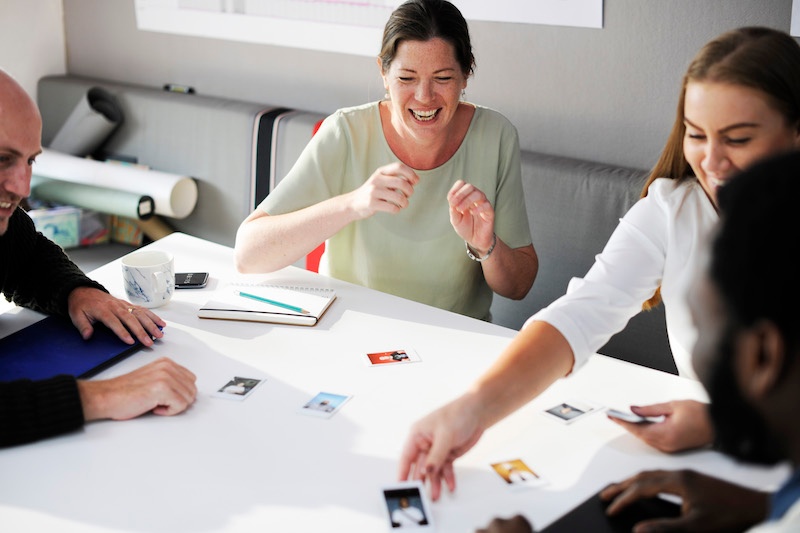Looking for a way to revitalize how you promote your events? Look no further – here are a few of the most promising strategies of to try now.
Running a successful event is about more than what you do on the show floor. It’s about what you do before and after, as well. How effectively you promote a trade show or conference is arguably as much a factor in whether it flies or flops as vendors, keynote speakers, or presentations – maybe more-so.
With that in mind, let’s go over some of the biggest trends in event promotion emerging this year – and how you can tap into each with a successful strategy to bring your event to more eyes than ever before.
Deeper Social Media Engagement
By now, everyone knows that they need to be on social. Promoting your events on Facebook or live-tweeting a keynote is table stakes in 2018. This year, why not take things a little further?
After all, recent changes to social algorithms are going to make it more difficult than ever to reach your target audience. Posts that don’t immediately inspire deep engagement are likely to get lost in the digital noise of the social web. As such, in order to stand out, you’re going to need to get creative in how you engage your audience.
Promote your event while it’s going on with Instagram stories, and save the best ones to your instagram account. Make smart use of influencer marketing (find people with pull who are into your events, and inspire them to promote for you). Consider hosting livestreams of your event or live Q&As on sites like Twitch TV.
The trick is that you need to start using social media in the same way your attendees do – it’s no longer enough to use it like an event planner, you need to start using it like an attendee.
Targeted Emails
You might be surprised to see email on this list. After all, it’s an archaic medium, isn’t it? What good is it for event promotion? You might be surprised.
I don’t think I’d be remiss in saying that you’ve probably planned most of your events via email. You probably have a ton of emails from vendors, clients, and sponsors sitting in your inbox at this very moment. And even if that statement is inaccurate, the vast majority of people still check their email accounts every single day.
Creating intelligently-targeted, personalized promotional emails to people who have signed up for an event or signed on for a mailing list can be a great way to increase engagement and encourage more people to attend. And when I say personalized, I mean deeply so – your email lists should be segmented as much as possible, separated by anything from interests to location to age.
Just make sure you make unsubscribing from such lists both easy and intuitive, or you’re bound to generate more frustration than engagement.
Experential Marketing
Also referred to as engagement marketing, experential marketing encourages its audience to directly participate in the evolution of a brand (or in this case, of an event). Rather than looking upon your attendees as passive participants, it looks at them as part of the event itself. It gives them a direct, active role in shaping their event experience.
What that means depends largely on you. Maybe you’ll allow people direct input on what keynotes and presentations to include as part of your promotional efforts. Maybe you’ll include virtual reality or augmented reality on your event floor.
The important thing is to give your attendees agency over how they experience your event – and to make it clear from the start that they have such agency.
Support For More Extensive Event Discovery
The biggest challenge facing event planners (and businesses in general) is reach. There are so many different businesses and brands vying for our attention online these days that it’s a wonder any of them get through to us. This is one of the biggest challenges in event promotion – but it’s also one of the most promising opportunities.
As part of your promotional efforts, you need to decentralize. Extend your reach beyond a social media page or event website. Start posting about your event on promotional apps and websites like Goldstar. The key is to allow attendees to find out about your event through as many channels as possible – and to let them purchase tickets the instant they find out about the event.
Promotion is as much a part of your job as event management, like it or not. That’s why you need to be aware of emerging trends – and aware of how best to tap into them. Because if you don’t know how to promote your event, it doesn’t matter how great it is. No one will know about it.
Brad Wayland is the Chief Strategy Officer at BlueCotton, a site with high-quality, easy-to-design custom t-shirts.

